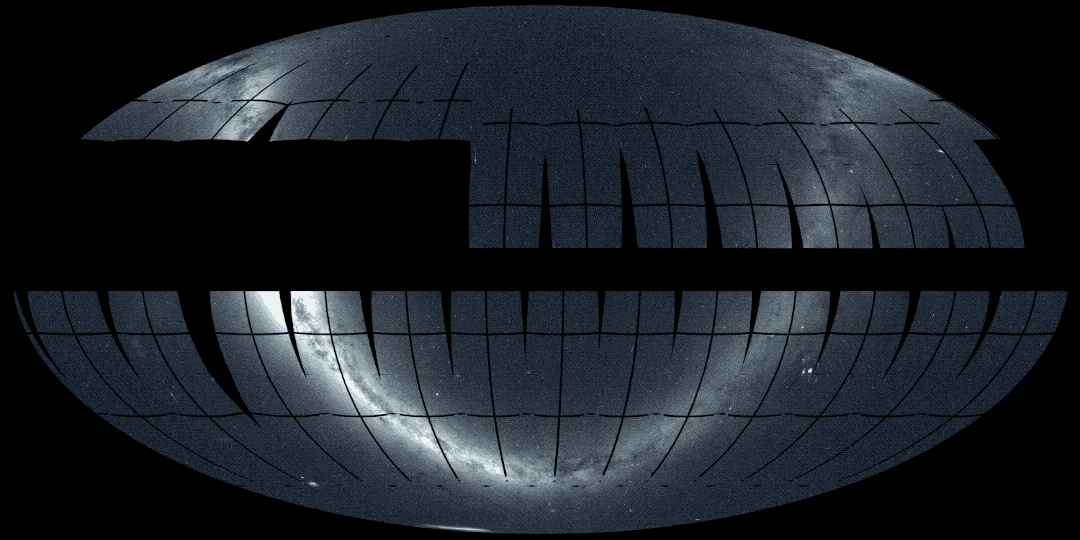Astronomer, Explorer, and Tinkerer
I am an assistant professor in the Department of Physics at the National University of Singapore. Previously, I was a postdoctoral researcher at the TESS Science Office at the Massachusetts Institute of Technology and a 2020 NASA Hubble Fellow at the Institute for Astronomy in Hawai’i. My focus is on data-driven studies of astrophysical time-domain data, including starlight from stars called light curves. Planet-hunting missions, such as NASA’s Kepler, NASA’s Transiting Exoplanet Survey Satellite (TESS), and the European Space Agency’s Gaia have truly catapulted us into the large survey-era of astronomy. More than ever, we need clever tools to assist us astronomers in making new discoveries and deepening our understanding of the Galaxy and cosmos from this deluge of data.

Research Interests
- Data-driven Astronomy, including Astrostatistics and Time-domain Astronomy
- Variable Stars
- Galactic Archaeology
- Exoplanetary Science
- AI for Science
Highlighted Publications
A list of my publications on the SAO/NASA Astrophysics Data System (ADS) can be found in this link.
- Hon, M.; Rappaport, S.; Shporer, A.; et al.. “A Disintegrating Rocky Planet with Prominent Comet-like Tails around a Bright Star”, 2025, ApJL, 984, L3. doi:10.3847/2041-8213/adbf21
- Hon, M.; Li, Y.; Ong, J. “Flow-based Generative Emulation of Grids of Stellar Evolutionary Models”, 2024, ApJ, 973, 154. doi:10.3847/1538-4357/ad6320
- Hon, M.; Huber, D.; Rui, N. Z.; et al.. “A close-in giant planet escaping engulfment by its star”, 2023, Nature, 618, 917. doi:10.1038/s41586-023-06029-0
- Hon, M.; Huber, D.; Kuszlewicz, J. S.; et al.. ”A ’Quick Look’ at All-Sky Galactic Archeology with TESS: 158,000 Oscillating Red Giants from the MIT Quick-Look Pipeline”, 2021, ApJ, 919, 131. doi:10.3847/1538-4357/ac14b1
- Hon, M.; Stello, D.; Zinn, J..“Detecting Solar-like Oscillations in Red Giants with Deep Learning”, 2018, ApJ, 859, 64, doi:10.3847/1538-4357/aabfdb
Media Highlights
A Vaporizing Planet: Why BD+05 4868 b is Turning to Dust, SETI Live, https://youtube.com/live/kcMRyGUYR_g
Astronomers discover a planet that’s rapidly disintegrating, producing a comet-like tail, MIT News, https://news.mit.edu/2025/astronomers-discover-planet-thats-rapidly-disintegrating-producing-comet-tail-0422)
The ‘Forbidden Planet’ That Escaped a Fiery Doom, The New York Times, https://www.nytimes.com/2023/06/28/science/planet-star-halla-beakdu.html
8 Ursae Minoris b: Scientists unlock mystery of planet that escaped death, BBC News, https://www.bbc.com/news/science-environment-66042269
NASA’s TESS Tunes into an All-sky ‘Symphony’ of Red Giant Stars, NASA Featured Story, https://www.nasa.gov/feature/goddard/2021/nasa-s-tess-tunes-into-an-all-sky-symphony-of-red-giant-stars
How AI Can Determine the Future of Red Giants Like Our Sun, Nvidia Blog, https://blogs.nvidia.com/blog/2017/08/04/red-giants/
Scientists Are Using Artificial Intelligence to Plot the Galaxy, Inverse, https://www.inverse.com/article/31912-machine-learning-ai-classifies-red-giant-age/
